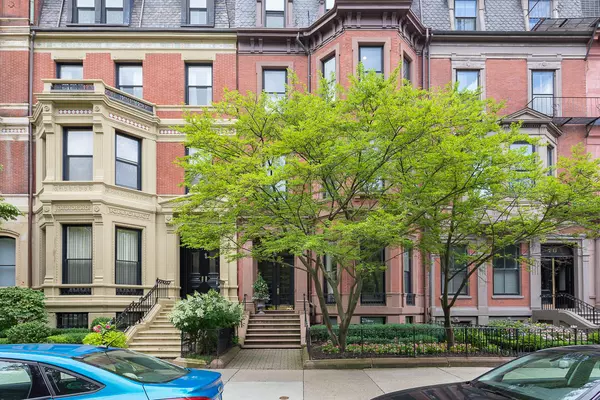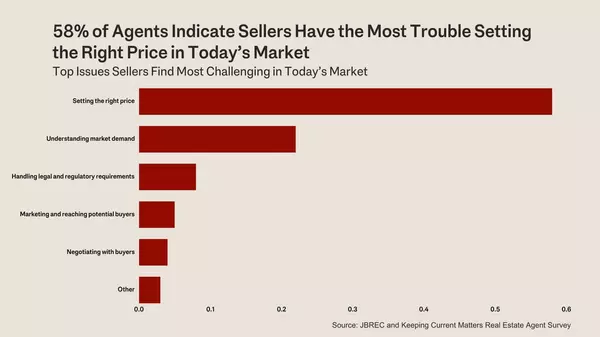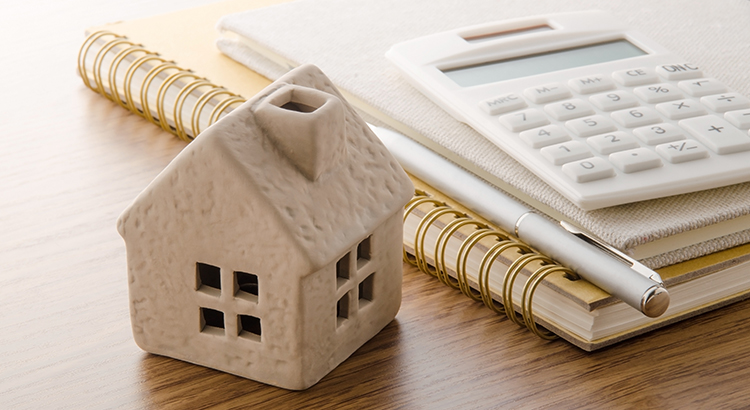
Selling Your Boston Home? Avoid the #1 Mistake: Overpricing
In the dynamic world of real estate, pricing your home correctly is crucial to making a successful sale. Yet, many home sellers in Boston fall into the trap of overpricing their property, thinking they can always negotiate down if necessary. But the reality is, overpricing your Boston home can be th

10 Proven Strategies to Sell Your Boston Home Faster Without Slashing the Price
Trying to sell your Boston home fast without dropping the price can feel impossible. You list your home, watch the views go up online, but offers come in slow. The clock ticks. You worry about missing that sweet spot in the market, especially when other properties are popping up every week. Here’s s

Don't Make the Same Mistake as 90% of First-Time Sellers: How to Achieve a Higher Sale Price
Selling a property is a complex and challenging process, particularly for those who are new to the real estate market. In a recent report published by Zillow, a leading online real estate marketplace, almost 90% of first-time sellers reported feeling regret about not achieving a higher price for the
Categories
Recent Posts










